
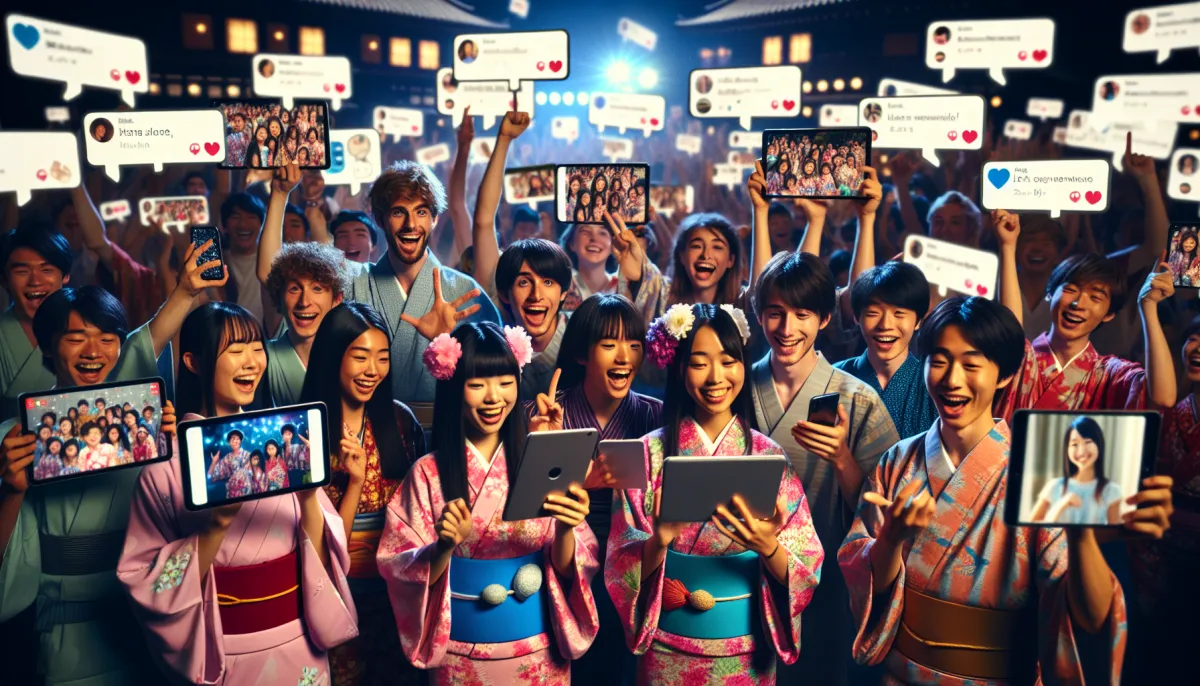
New Initiative 'MOTERU' Aims to Enhance English Expression Through Fashion for Teens
Revolutionizing English Learning Through Self-Expression
In a rapidly evolving educational landscape, fostering creativity and self-expression among young learners has become crucial. Recognizing this need, Shinhodō Co., Ltd., headquartered in Minato, Tokyo, is set to launch an innovative learning experience dubbed 'MOTERU' this autumn. Aligning the mission of 'enriching human experiences through education,' the new initiative will merge English learning with fashion, particularly aimed at middle and high school students.
Overview of the New Initiative
The 'MOTERU' initiative's centerpiece, the 'Want to Show Off Fashion Mission', seeks to engage students by tapping into their intrinsic desire for self-presentation in a fun and educational manner. Drawing on insights from the recent EXPO Mirai Gakuen Festival, data reveals a significant trend among the youth—feelings of wanting to be seen, recorded, and praised are prominent among the SNS generation. This project is a response to these emotional triggers, crafting a learning experience that resonates with students.
Background and Development
Historically, Shinhodō has fostered cultural enrichment through its activities such as the 'MOTERU Kimono' and 'MOTERU Sake' projects. With an emphasis on creative learning that connects culture and English, they have seismically shifted traditional educational paradigms. The motivation behind this latest initiative comes from a survey conducted during the EXPO Mirai Gakuen Festival, which showcased students' evolving behavior linked with fashion. Many participants revealed that donning unusual clothing prompted them to share their outfits—a clear indication that attire could trigger emotional engagement and amplify their learning ambitions.
Proposed Structure of the 'Want to Show Off Fashion Mission'
The forthcoming initiative is planned to encompass the following components:
1. Wear It Mission: Participants will wear outfits they typically wouldn’t and express in English why they made that choice and the feelings it evokes.
2. SNS Mission: Students will connect fashion with personal identity by capturing moments through photos and videos, adding English captions to their outputs.
3. Conversational Mission: The program will include role-play focused on discussions of favorite clothing, brands, and styles, offering a platform for practice with MOTERU instructors in an interactive conversation model.
4. Self-Introduction and Branding: Learners will practice introducing themselves in English by stating their preferred style, reinforcing their expression abilities.
Target Audience and Value Proposition
The initiative primarily targets Gen Z high school students and young professionals. It promises to develop:
- - Self-expression skills
- - Communication abilities tailored for the SNS era
- - Increased confidence in social interactions
- - A pathway where learning English becomes enjoyable and engaging.
Currently, the 'Want to Show Off Fashion Mission' is in the prototype development phase, with intentional collaborations on the horizon involving educational institutions, uniform brands, and apparel companies. This initiative aims to carve a new niche in the educational entertainment sector, harmonizing fashion and language learning in innovative ways.
Insights from Recent Surveys at EXPO Mirai Gakuen Festival
On August 8, 2024, a survey was conducted during the festival, providing compelling insights into how fashion influences student behavior:
- - 91.2% of attendees felt that wearing a yukata made them stand taller.
- - Despite hypothesizing that this could increase study motivation, a staggering 3.6 times more participants stated that it boosted their interest in romance instead.
- - Over 94% of respondents agreed that wearing yukata led to a more positive self and others’ appearance perception.
Summary of Survey Findings
The data illustrated that while wearing traditional attire like yukata has an uplifting effect on demeanor—a taller posture feel—many participants associated this with enhanced relaxation rather than concentration. Most notably, their longing to connect with significant others increased, counter to the initial hypothesis that the effect would motivate study.
The responses indicated that traditional clothing may encourage a mindset geared towards social engagement rather than academic pursuits. It appears that distinguished clothing styles evoke a vibrant desire for social interaction, supporting the overall mission of the 'MOTERU' initiative.
Conclusion
With a focus on intertwining fashion and language, Shinhodō aims not only to empower students to express themselves but also to cultivate a new generation of confident, English-speaking teens. By leveraging their interests and tapping into their unique emotional landscapes, 'MOTERU' promises to transform how adolescents engage with both fashion and language learning.
For further details on this initiative or partnership prospects, individuals are encouraged to reach out to Shinhodō Co., Ltd.
- ---
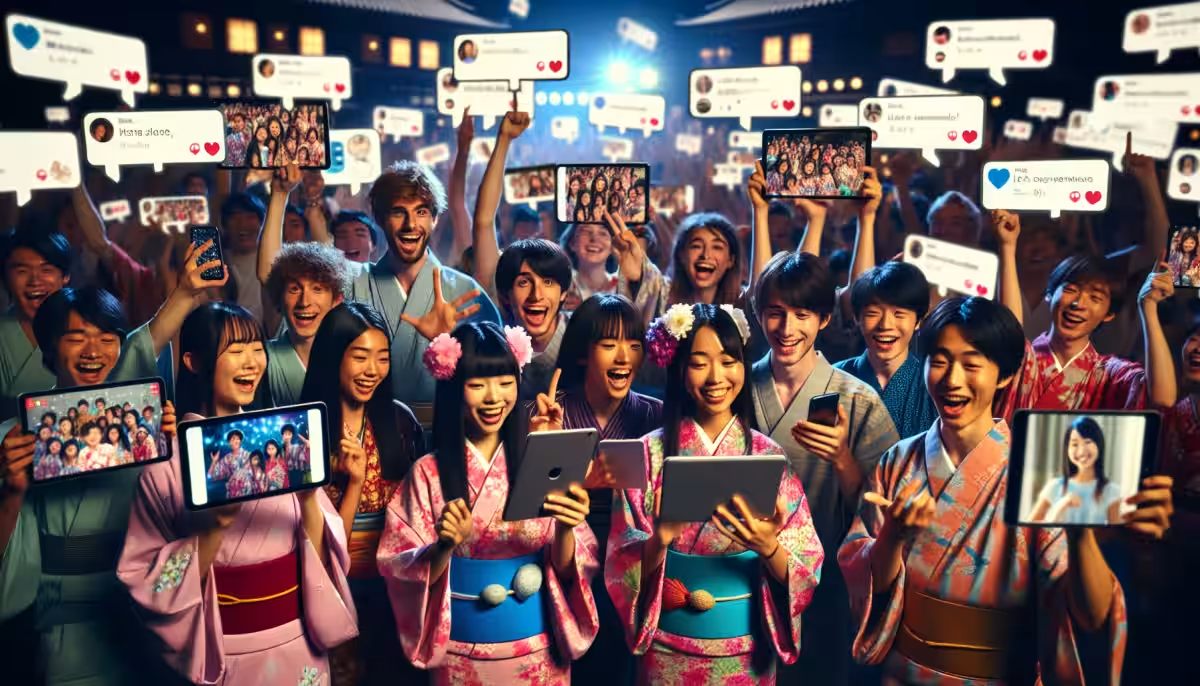
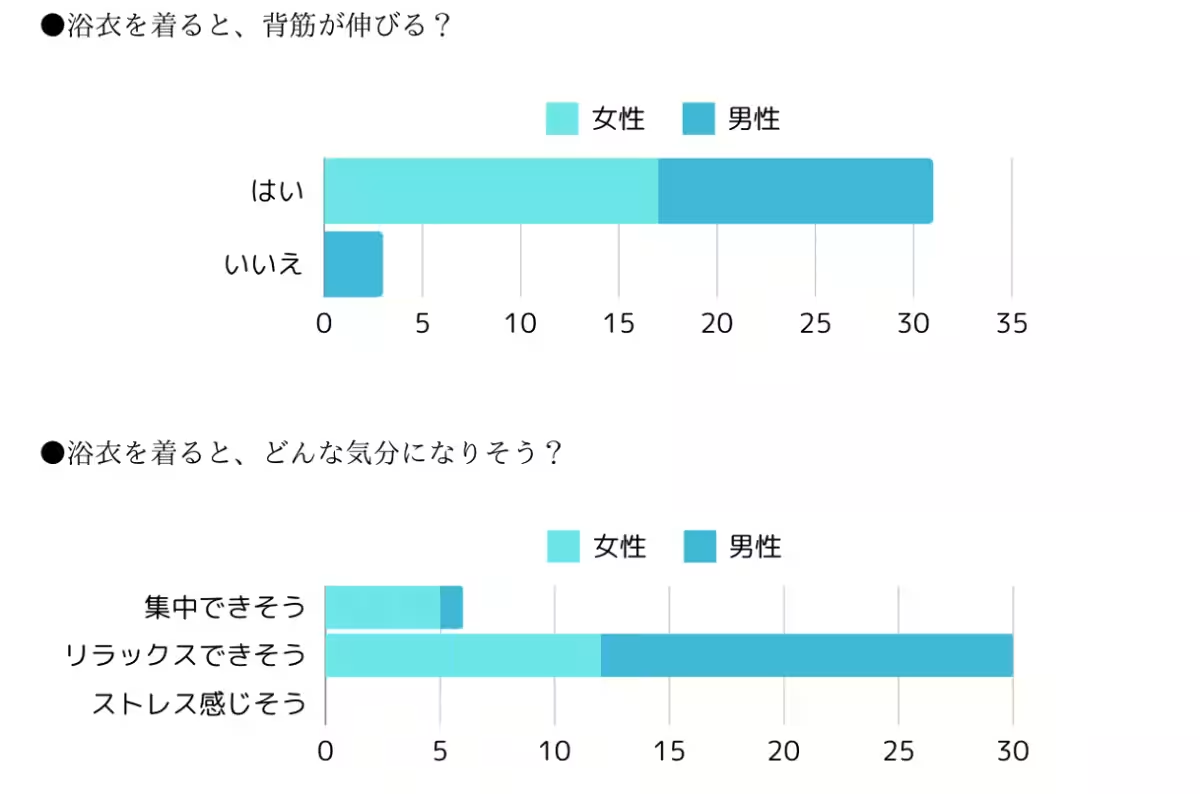
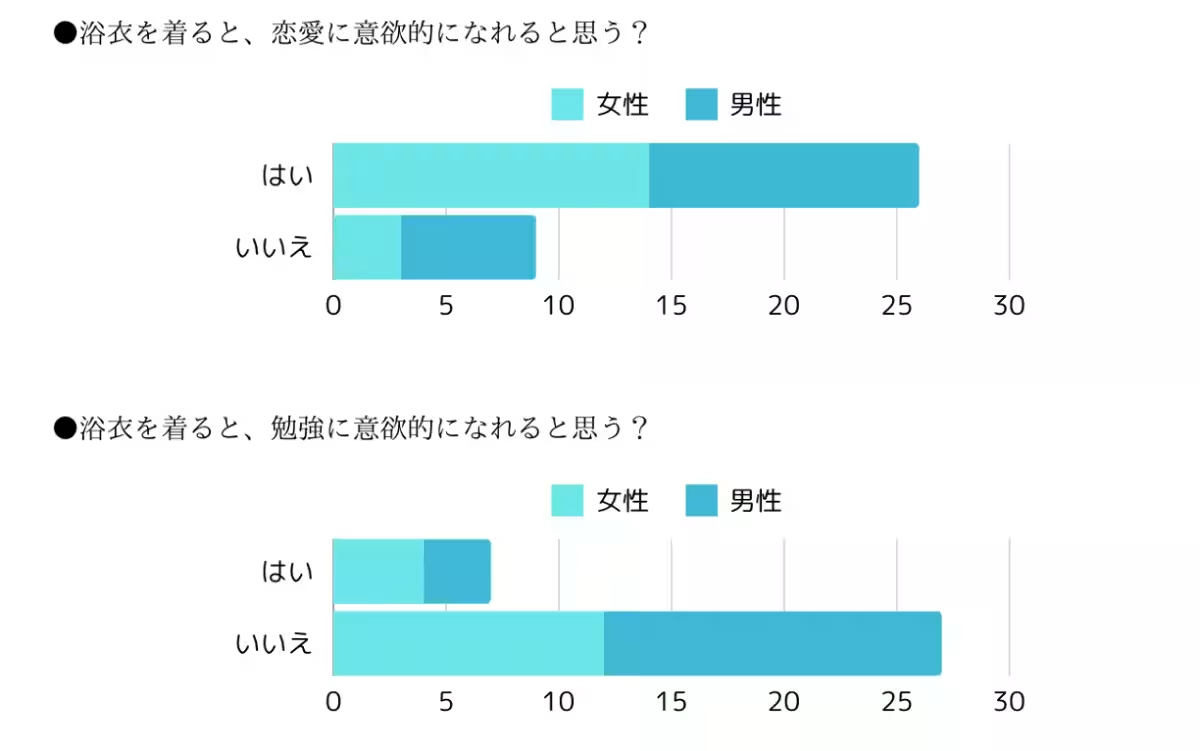
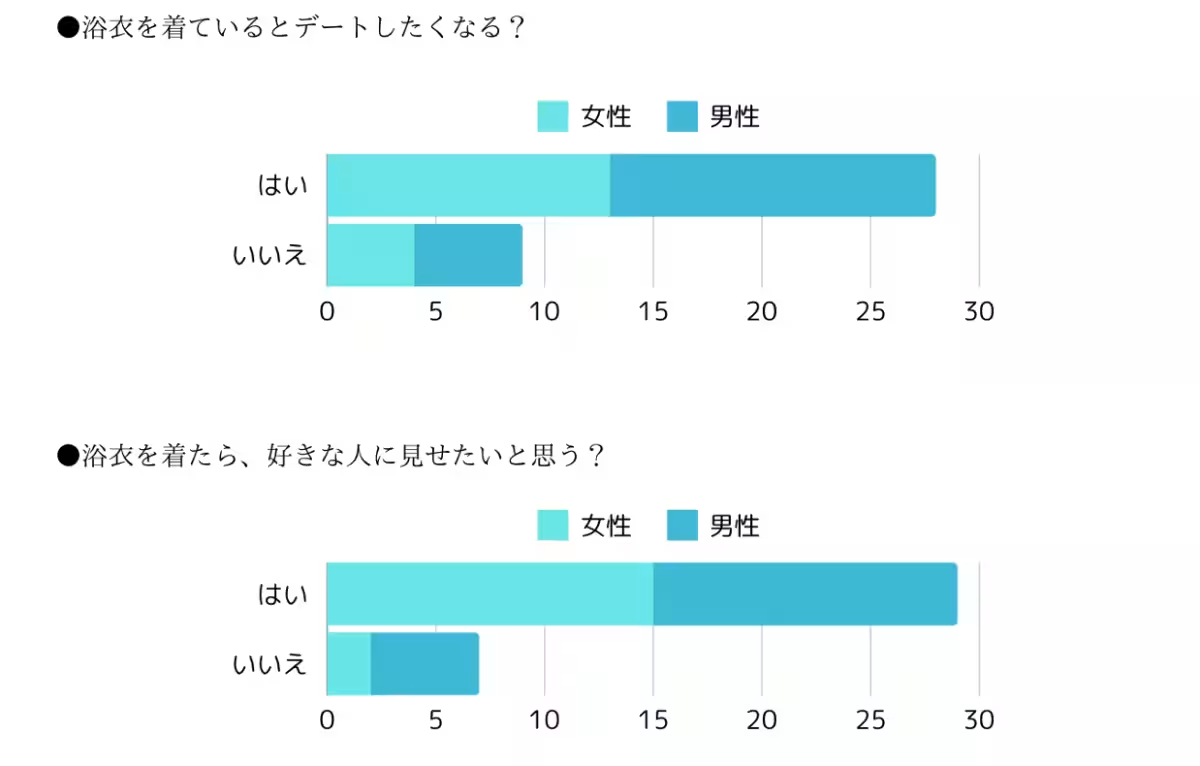
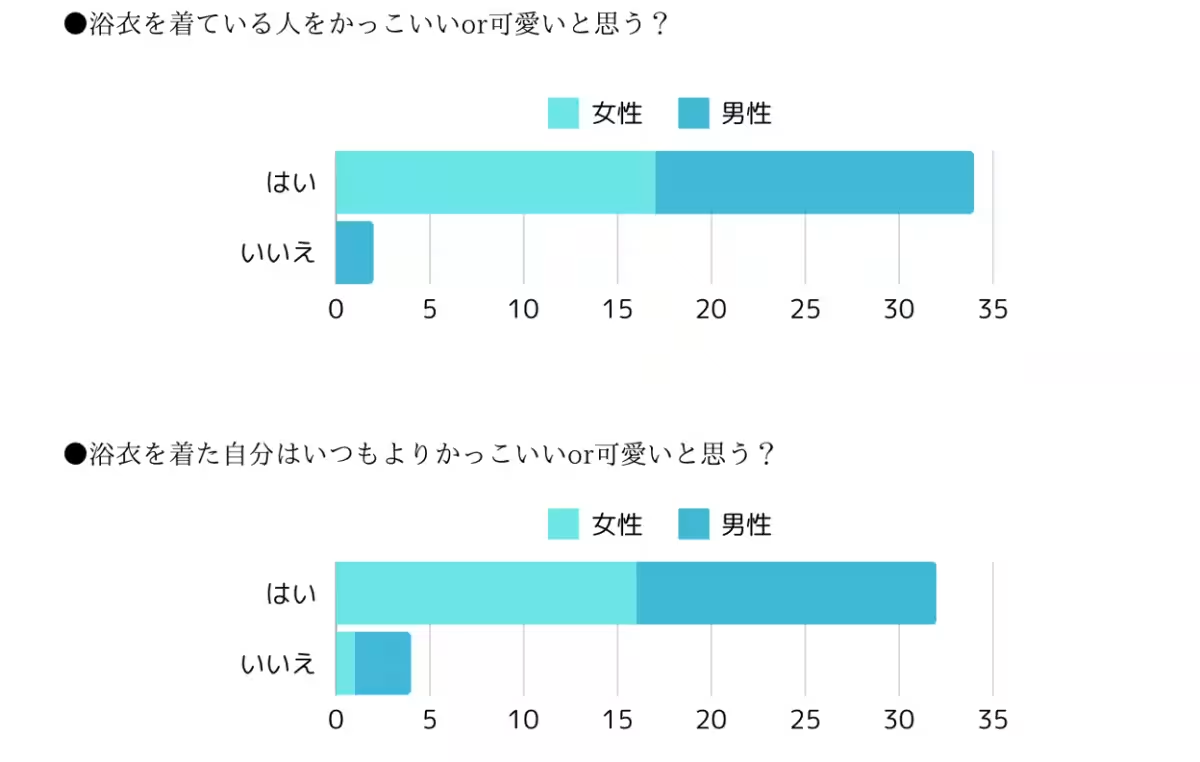
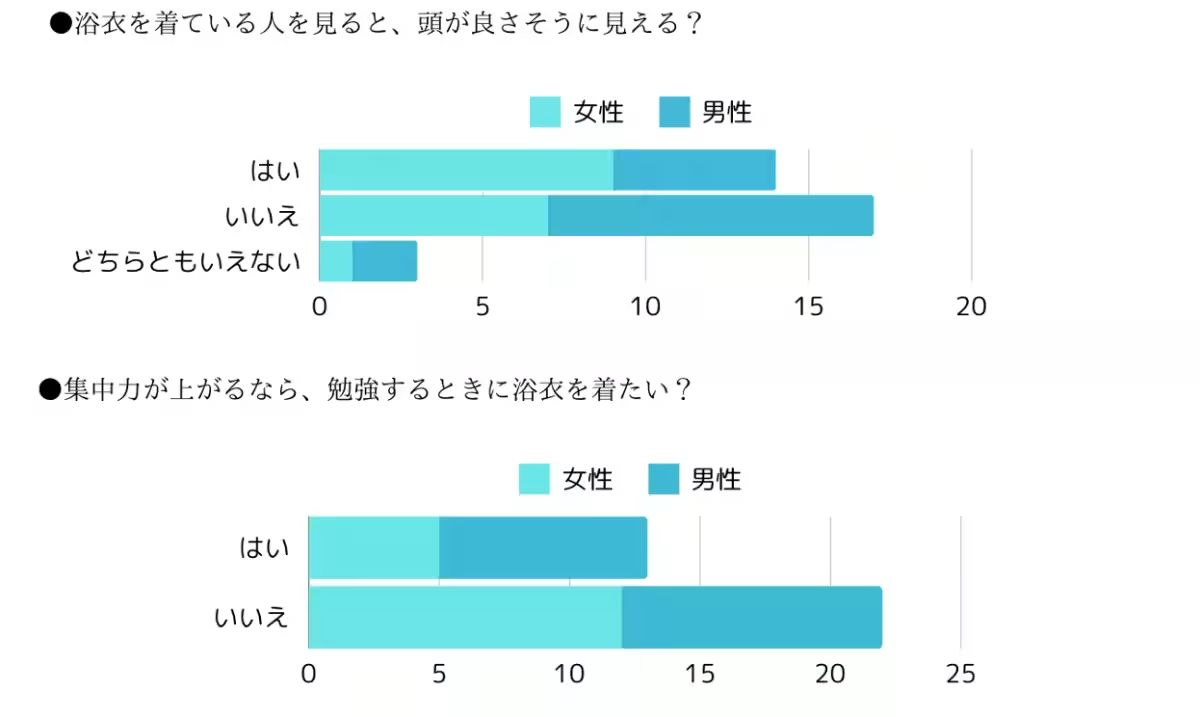


Topics Consumer Products & Retail)










【About Using Articles】
You can freely use the title and article content by linking to the page where the article is posted.
※ Images cannot be used.
【About Links】
Links are free to use.